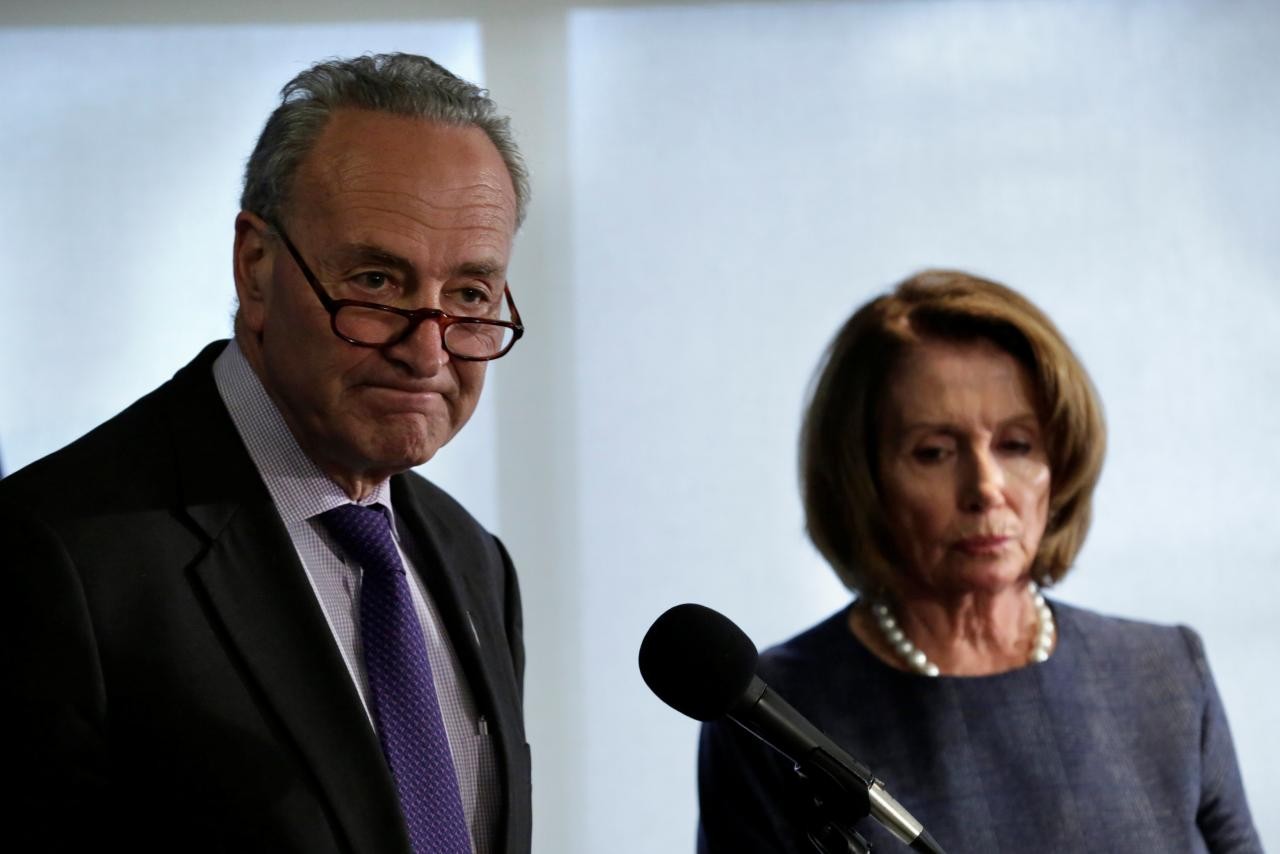 Reuters
Reuters
Sixteen years ago, Senators Dick Durbin and Orrin Hatch introduced the DREAM Act on the Senate Floor. Had it become law, the DREAM Act would have offered permanent residency and a pathway to citizenship for young people who graduate from our high schools, have clean criminal records, and want to live and prosper in the U.S.A. These non-citizen kids were (in most cases) brought here by parents fleeing either economic insecurity in Mexico or socio-political violence in Central America and other places in the Americas and the world.
Since the United States shares a 2,000-mile border with Mexico, most of the Dreamers (as kids eligible for protection under the DREAM Act are called) are from that country. When the DREAM Act came up for a Senate vote in late 2010, it was killed by 41 Senators; three Republicans voted for the bill, but two — Senator (now Attorney General) Jeff Sessions (AL) and Lindsey Graham (SC) — campaigned vigorously against the bill, and they prevailed.
Fast forward to 2012 and a tough political campaign between the sitting president, Barack Obama, and former Massachusetts governor, Mitt Romney. Obama wisely chose to fortify his base with Hispanics and others, and he signed an executive order called DACA, for “Deferred Action for Childhood Arrivals.”
This temporary “fix” allowed young people who had been denied congressional protection through the DREAM Act to apply for “deferred action” concerning deportation proceeding by submitting to a background check and paying a processing fee.
So far, about one million people have taken advantage of DACA; they can attend college, they can work, they can serve in the U.S. armed forces. Additionally, they can buy automobiles, pay rent, contribute to the tax base of cities and towns, and apply their talents and energies in ways too numerous to mention here.
Five years later, we’ve inaugurated a president who championed an anti-immigration platform and promised a problem-solving “beautiful” wall that would separate the U.S. from our Mexican and Central American neighbors.
Apparently prompted by his base — represented in this case by nine attorney generals from conservative states and a looming September lawsuit — to end Obama’s executive order, President Trump announced (through Attorney General Sessions, who gave a disconcertingly giddy but remarkably revealing press briefing) that DACA would not accept new applications and would, essentially, expire six months from now. Trump then kicked the conversation back to Congress, instructing them to come up with a permanent fix (i.e., an ad hoc law) before DACA expires.
Enter Chuck and Nancy. President Trump, since assuming the presidency, has nourished the base with talk of walls, border security and protecting American jobs from rapacious foreigners. But by feeding Chinese food to Senator Chuck Schumer and Representative Nancy Pelosi, the Democratic minority leaders, at the White House last week, the president now seems to understand that lasting policies cannot be made exclusively through the medium of an angry partisan base representing a fraction of the electorate.
Will the DREAM Act become law in the near future? We hope so, but we also know that, for years, the Dreamers have been savaged by detractors as law breakers, jobs takers, and “bad hombres.”
We believe Republicans at the base will turn on their elected officials who support the DREAM Act and, with the Republican Party in control of the House, Senate, and executive branch (plus the majority of statehouses in the nation), it’s refreshing to watch the head of that party, Mr. Trump, offer support for a “deal” that would permanently regularize the immigration status of the Dreamers. Luckily, Trump may have cared more about making a deal than the risk of offending the “Fifth Avenue Phalange” — i.e., those members of his base who, putatively, would support him even if he should walk onto Fifth Avenue and shoot somebody.
Let’s hope no shots are fired, and let’s hope that we have a permanent Congressional solution to 16 years of uncertainty for good kids who want to live here, work here, and study in the America that has always been a nation of opportunity for immigrants.
Bryce Ashby is a Memphis-based attorney and board chair at Latino Memphis; Michael J. LaRosa is an associate professor of history at Rhodes College.